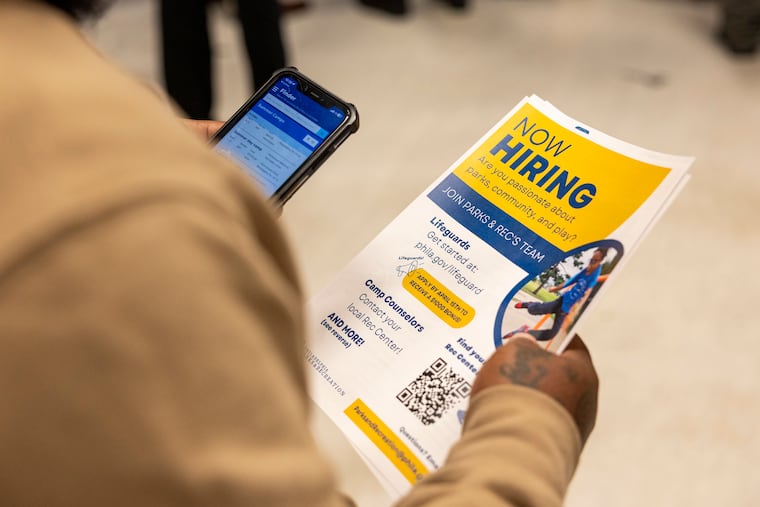Bolivia’s President Luis Arce withdraws from presidential race due to declining support.

As Bolivia enters a critical phase with its presidential election scheduled for August 17, 2025, the political landscape is experiencing significant shifts that could influence the forthcoming electoral outcomes. Incumbent President Luis Arce recently announced that he would withdraw from the race after a tumultuous five-year term marked by various challenges.
In a statement shared on social media, Arce expressed his decision to forgo re-election, emphasizing his commitment to prevent division within the popular vote. He stated, “I do so with the clearest conviction that I will not be a factor in dividing the popular vote, much less facilitate the making of a fascist right-wing project that seeks to destroy the plurinational state.” His announcement came on the same day that Bolivia’s constitutional court ruled against his former political mentor and rival, Evo Morales, preventing him from running for a fourth term due to existing term limits.
Evo Morales, Bolivia’s first Indigenous president, who served three terms previously, reacted defiantly to the court’s decision, insisting that only the people have the authority to dictate his candidacy. “We will obey the mandate of the people to save Bolivia, once again,” he declared, signifying ongoing tensions within the political left.
Arce’s leadership has been marked by attempts to stabilize Bolivia following a political crisis that had previously forced Morales to step down and flee the country. However, his tenure has not been without its upheavals, characterized by diminishing popularity, partisan divides, and economic challenges, including rising inflation and currency devaluation. Despite these hurdles, Arce’s party, the Movement for Socialism (MAS), remains one of the dominant forces in Bolivian politics, having been established over three decades ago.
In light of recent developments, analysts have noted that political uncertainty looms over the upcoming election. Public sentiment has increasingly shifted against the current administration, exacerbated by dissatisfaction related to economic issues and perceptions of governance mismanagement. Importantly, some observers argue that external factors and historical developments have significantly influenced these current dynamics.
Meanwhile, Morales’ desire to reclaim leadership positions fits within a broader trend of political response to the current administration’s challenges. He has capitalized on public discontent, emphasizing unity among left-wing factions to consolidate power against burgeoning right-wing sentiments.
Following his withdrawal from the election race, Arce has urged for solidarity among leftist groups to safeguard Bolivia’s future. He advocated for a united front against perceived threats from rightist movements, reinforcing his vision of a cohesive political agenda for the country’s well-being.
As Bolivia gears up for this pivotal election, the interplay between these leaders and the broader political backdrop indicates an evolving landscape, one that will require careful navigation and strategic coalition-building for any candidate seeking electoral success.
#PoliticsNews #WorldNews






